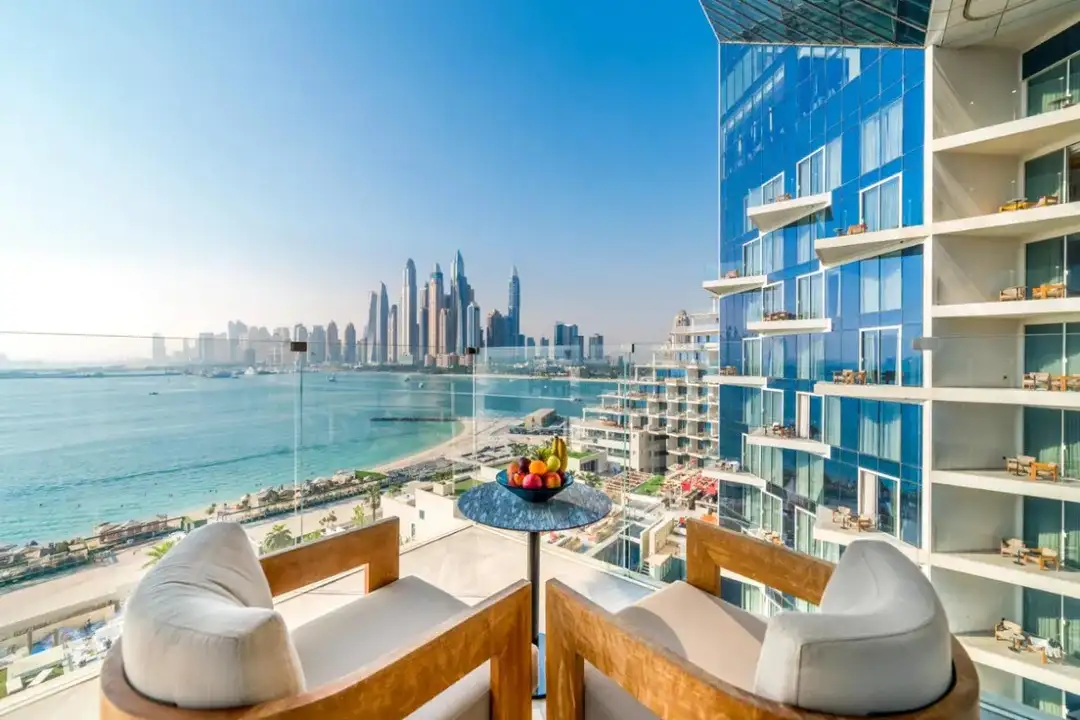Are Properties in Dubai Freehold? What You Need to Know Before Purchasing
Dubai’s real estate market is one of the most dynamic and attractive in the world, offering a wide range of investment opportunities for both residents and non-residents. One of the key questions that potential buyers often have is whether properties in Dubai are freehold. Understanding the difference between freehold and leasehold properties is crucial before making a purchase. Here’s what you need to know.
1. Understanding Freehold Properties in Dubai
In Dubai, freehold properties allow buyers full ownership of both the property and the land it stands on. This means that as a freehold owner, you have the right to sell, lease, or occupy the property at your discretion. Freehold properties in Dubai are primarily available in designated areas known as freehold zones.
Key Points:
- Full Ownership: Buyers have complete control over the property and land.
- No Restrictions: Freehold properties can be sold or leased without any restrictions.
- Designated Areas: Freehold zones include popular areas like Downtown Dubai and Palm Jumeirah.
2. What Are Leasehold Properties?
Leasehold properties, on the other hand, provide buyers with the right to use the property for a specific period, usually ranging from 30 to 99 years. While the buyer owns the property for the duration of the lease, the land remains under the ownership of the landlord. After the lease period expires, the property ownership reverts to the landlord unless the lease is renewed.
Key Points:
- Limited Ownership: Ownership is limited to the lease period.
- Renewal Options: Lease agreements may include options for renewal.
- Common in Certain Areas: Leasehold properties are more common in areas like Bur Dubai and Deira.
3. Where Can You Buy Freehold Properties in Dubai?
Freehold properties are available to both UAE nationals and expatriates in specific areas across Dubai. These areas are carefully chosen to provide a mix of residential, commercial, and leisure opportunities, making them ideal for investment.
Popular Freehold Zones:
- Downtown Dubai: Known for its luxury apartments and proximity to iconic landmarks like the Burj Khalifa and Dubai Mall.
- Palm Jumeirah: A man-made island offering some of the most exclusive beachfront properties in Dubai.
- Dubai Marina: A vibrant waterfront community with high-rise apartments and a lively social scene.
4. Legal Considerations for Buying Freehold Properties
When purchasing a freehold property in Dubai, it’s important to be aware of the legal requirements and processes involved. Freehold properties are governed by specific laws that protect both the buyer and the seller, ensuring a transparent and secure transaction.
Legal Steps:
- Title Deed: Ensure that you receive a title deed upon purchase, which confirms your ownership of the property.
- Registration: All property purchases must be registered with the Dubai Land Department (DLD) to ensure the transaction is legally recognized.
- Due Diligence: Conduct thorough due diligence to verify the legitimacy of the property and ensure there are no legal disputes or claims.
5. Investment Potential of Freehold Properties
One of the main attractions of freehold properties in Dubai is their investment potential. With Dubai’s continuous growth and development, freehold properties in prime locations offer excellent prospects for capital appreciation and rental income.
Investment Benefits:
- High Demand: Freehold properties in areas like Downtown Dubai and Dubai Marina are always in demand, ensuring strong rental yields.
- Capital Appreciation: As Dubai continues to develop, property values in freehold zones are expected to increase, providing long-term investment returns.
- Flexibility: Freehold properties offer the flexibility to sell or lease the property as the market evolves.
6. Financing Your Freehold Property Purchase
Financing options for purchasing a freehold property in Dubai are widely available for both residents and non-residents. Many banks offer competitive mortgage rates, making it easier to finance your investment.
Financing Tips:
- Mortgage Options: Explore different mortgage options and compare interest rates to find the best deal.
- Down Payment: Be prepared to make a down payment, typically around 20-25% of the property’s value.
- Approval Process: Ensure that you meet the bank’s eligibility criteria and complete the necessary documentation for mortgage approval.
7. Choosing the Right Freehold Property
Selecting the right freehold property involves considering factors like location, property type, and your long-term goals. Whether you’re looking for a luxury apartment, a family villa, or a commercial space, it’s important to choose a property that aligns with your needs.
Property Selection Tips:
- Location: Choose a location that suits your lifestyle or investment strategy. Areas like Palm Jumeirah offer luxury living, while Dubai Marina is ideal for a vibrant social life.
- Property Type: Consider the type of property that best suits your needs, whether it’s an apartment, villa, or office space.
- Long-Term Vision: Think about how the property fits into your long-term plans, whether you’re buying for personal use, rental income, or capital appreciation.
8. Final Thoughts
Purchasing a freehold property in Dubai is a significant investment that offers numerous benefits, from full ownership rights to strong investment potential. By understanding the legal framework, market conditions, and financing options, you can make an informed decision and secure a valuable asset in one of the world’s most dynamic real estate markets.
Ready to explore freehold property options in Dubai? Let’s discuss your goals and find the perfect property for you. Get in Touch to start your journey toward owning a piece of Dubai’s vibrant real estate market.





%20(1).webp)
